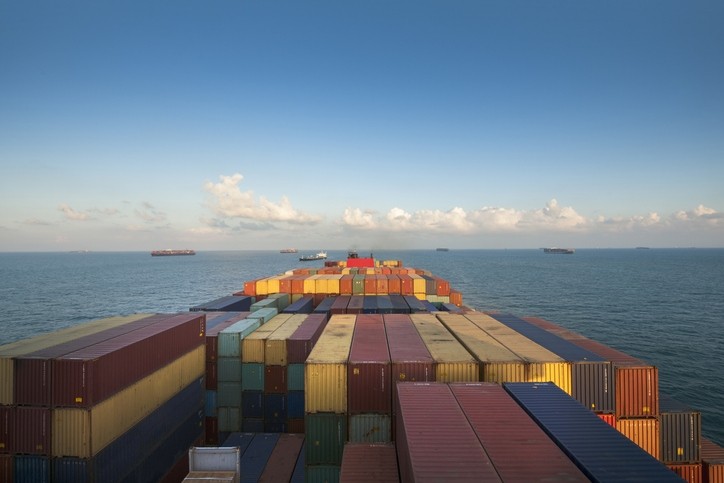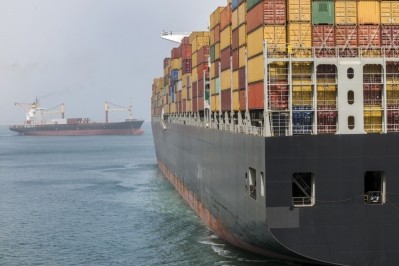Red Sea conflict sees shipping prices soar

“Several commercial ships have been targeted while passing though the Suez Canal, and as a result, the majority of the carriers have started avoiding the region.
“Rerouting around the Cape of Good Hope takes an additional 10-14 days and costs carriers an additional US$2,600 per 40ft equivalent unit, while the actual price increases could be higher for shippers,” according to Rabobank analysts in a new report.
The Red Sea is one of the world’s most critical waterways; almost 15% of global seaborne trade passes through the area, including 12% of seaborne-traded oil and 8% of the world’s liquified natural gas. But it has become a hotspot of geopolitical tension due to Houthi militants targeting commercial vessels.
In a World Economic Forum review, Marion Jansen, director, trade and agriculture directorate, OECD, outlined how after a few decades of relative peace and stability on international waters, key routes for international maritime traffic are being held hostage by violent attacks.
“Black Sea transit has been heavily affected by Russia’s war of aggression against Ukraine for a while, and it is now the turn of Red Sea shipping to suffer from geopolitical tensions. On top of this, climate change is affecting another important maritime route with low freshwater levels in the Panama Canal responsible for a 36% reduction in transit when compared to last year.”
Shipments between China and Europe
Routes between China and Europe and China and the Mediterranean are most impacted, with spot prices up three to four times by the end of 2023, reported Rabobank.
Meanwhile, routes between North America and China were affected by the capacity reduction in addition to the temporary spike in demand ahead of the Chinese New Year rush, found those analysts.
Nor is the situation likely to deescalate any time soon, warns the team at the Dutch bank.
“We do not expect major carriers to resume Suez Canal transit until the risk of attack is eliminated, possibly toward the end of 2024.”









